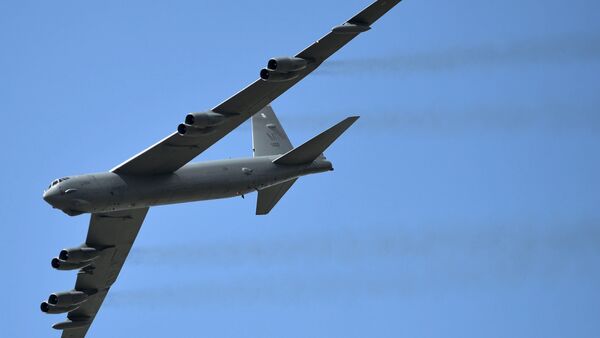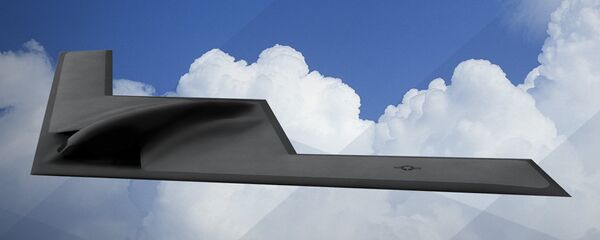The US Congress is still operating on a temporary funding bill known as a continuing resolution. The fiscal appropriations bills for fiscal year 2018 have not been passed by the Senate to send to the White House, even though the fiscal year began October 1. The White House has failed to finalize a budget request for fiscal year 2019. For all these reasons, the decision to put new engines on the B-52 Stratofortresses "won't be earlier" than 2020, "if it happens," US Gen. Robin Rand told Breaking Defense Thursday.
Each B-52 flies on eight engines. Industry participants Boeing and Rolls Royce have had their eye on the potentially lucrative contract to re-engine the planes for decades, but the decision to replace the jets with more fuel-efficient engines has routinely been delayed. The original engines were designed and built by Pratt & Whitney.
Paying the $69,000 cost-per-flying-hour for the B-52 draws from the Defense Department's "operations and management" account, while new engines would require the Pentagon to draw from its "procurement" account. New engines could save money on aggregate by using less fuel, but they are low on the list of national priorities. "It's a goofy way to do accounting, but I'm afraid DoD is stuck with it," aviation analyst Richard Aboulafia told Breaking Defense.
Between nuclear submarine modernization programs, the F-35 and the B-21 Long Range Strike Bomber, there's already a ton of projects draining the procurement account.



